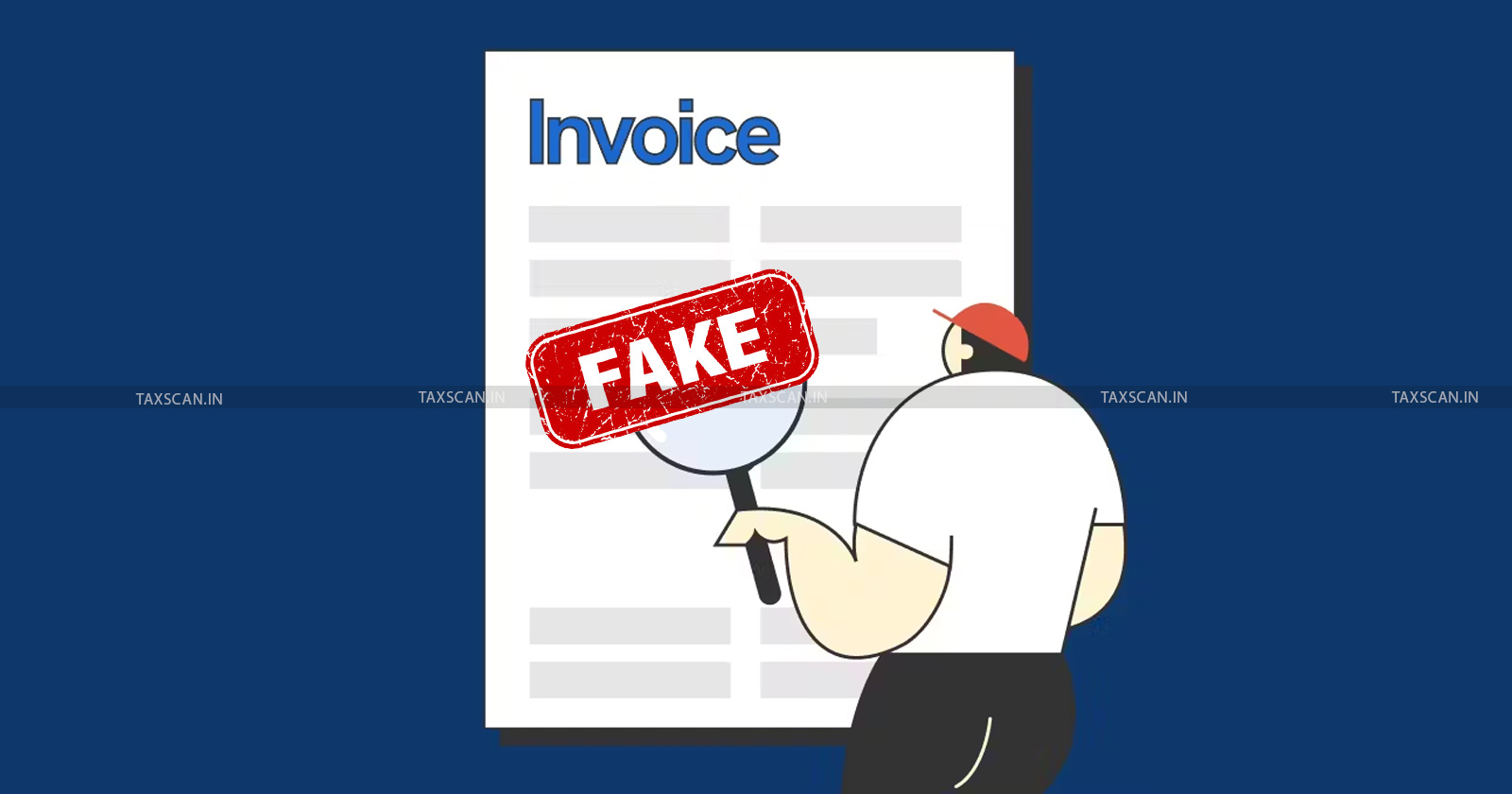Clerical Error in E-Way Bill Not Tax Evasion: Allahabad HC Quashes Penalty, Directs Refund with 4% Interest If Any Amount Deposited [Read Order]
The Court noted that the evidence did not support any purpose for evading tax, indicating the requirement that mens rea be present before a penalty can be imposed
![Clerical Error in E-Way Bill Not Tax Evasion: Allahabad HC Quashes Penalty, Directs Refund with 4% Interest If Any Amount Deposited [Read Order] Clerical Error in E-Way Bill Not Tax Evasion: Allahabad HC Quashes Penalty, Directs Refund with 4% Interest If Any Amount Deposited [Read Order]](https://images.taxscan.in/h-upload/2025/07/22/2067713-e-way-bill-1.webp)
In an important ruling, related to the fact that clerical mistakes do not imply tax evasion, the Allahabad High Court quashed the penalty order, holding that a minor typographical error in the e-way bill does not warrant proceedings under Section 129 of the GST (Goods and Services Tax) Act.
A discrepancy of one digit in the invoice number mentioned in the e-way bill "4671" instead of "4670" led authorities to seize the consignment when it was intercepted on February 12, 2019, while the petitioner was transporting goods from Ghaziabad to Delhi.
Law Simplified with Tables, Charts & Illustrations – Easy to Understand - Click here
The petitioner, M/S Gaylord Packers India Pvt. Ltd. contended that all other shipment details were accurate and that the error was purely clerical, without any mens rea or intention to evade tax.
Adv. Praveen Kumar, petitioner’s counsel, relying on earlier High Court judgments, M/s Nanhey Mal Munna Laland Cavendish Industries Ltd., argued that such typographical lapses do not merit penalty under Section 129.
 Also Read:Mere Absence of Activity at Principal Place Does Not Prove Fake Invoice or Lack of Goods Ownership: Allahabad HC [Read Order]
Also Read:Mere Absence of Activity at Principal Place Does Not Prove Fake Invoice or Lack of Goods Ownership: Allahabad HC [Read Order]
The petitioner also quoted the CBIC Circular dated 14.09.2018, which explicitly clarifies that penalty should not be imposed for such minor document-related errors.
Justice Piyush Agrawal agreed with the petitioner's arguments and pointed out that the case at hand was directly related to the precedent set in M/s Cavendish Industries Ltd.
The Court noted that the evidence did not support any purpose for evading tax, indicating the requirement that mens rea be present before a penalty can be imposed.
Accordingly, the Court quashed the impugned penalty orders dated 13.02.2019 and 22.02.2020 and allowed the writ petition. Further, it directed that any amount deposited by the petitioner pursuant to the impugned orders must be refunded along with 4% interest from the date of deposit till the actual date of payment.
Support our journalism by subscribing to Taxscan premium. Follow us on Telegram for quick updates


